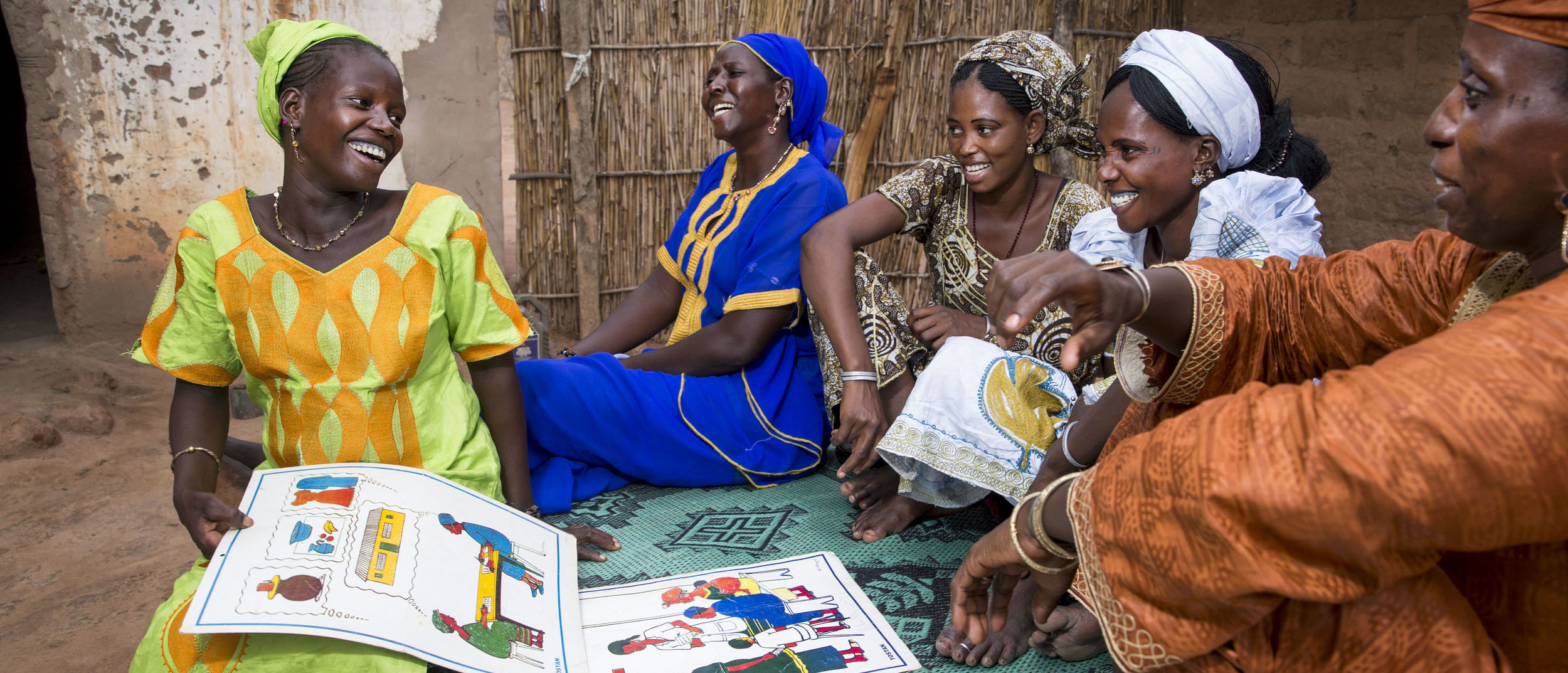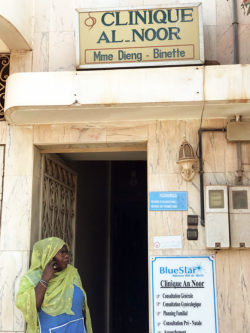
Empowering Women: Removing Barriers and Stimulating Growth for Women Entrepreneurs
In the next decade, nearly 1 billion women will enter the global economy. Many of them will want to go into business for themselves, but will face obstacles along the way, including discriminatory social norms; restrictive laws and policies; and limited access to finance, education and vocational training, and online connectivity. Empowering women economically can unlock their potential on a transformational scale–but only if international development practitioners work actively across programs and sectors to remove the barriers to their success. Banyan Global’s approach to women’s economic empowerment builds women’s workforce skills, strengthens women-owned and -managed businesses, addresses social norms, and creates a supportive enabling environment. Our programs empower women around the globe in sectors like economic growth, agriculture and food security, democracy and governance, environment, and health.
Bineta Sene Sall is the owner of Al Noor Clinic in Petit Mbao, Senegal. Community members call her Madame Dieng. As a woman business owner, she is already an important presence in her community, as well as an accomplished midwife. When flood damage forced her to find a new home for her clinic in 2013, Madame Dieng did not have the financial resources to move to a new building and maintain client services at the same time. As a result, she was forced to cut back health care provision, decreasing revenue and impacting her community’s access to care.
Madame Dieng is just one example of women who stand to benefit from the suite of services that Banyan Global has developed to strengthen women-owned businesses. Over the years, we have built our expertise in business and leadership training, coaching, and mentoring services tailored to the unique needs of women-owned and -managed businesses; support to financial institutions and equity and impact investors so they can better understand and meet the financing needs of women; match-making services to bring bankable and investment-ready deals to interested financial institutions; and research and support to identify and address the social-norms and enabling-environment constraints that hold women back.

Madame Dieng outside of her clinic. | SHOPS Plus
Banyan Global, working under the United States Agency for International Development (USAID)-funded Sustaining Health Outcomes through the Private Sector Project Plus (SHOPS Plus), built the capacity of local business-development service providers in Senegal to provide business and financial-management training and one-on-one coaching to Madame Dieng and private health providers like her. As a result of the one-on-one training sessions she received, Madame Dieng established an accounting system and began making regular deposits to her bank account, which allowed her to better organize and manage her clinic’s finances. The new accounting system significantly reduced the clinic’s operating costs and increased savings, ensuring that future natural disasters will have minimal impact on services.
In addition, with support from Banyan Global, Madame Dieng learned how to reduce costs and increase savings with better financial management, allowing her to invest in her clinic and offer new services, including on-site delivery, family planning, and prenatal screening. Today, Madame Dieng is an inspiration in her community and a role model for girls and other women who dream about one day owning their own businesses.
